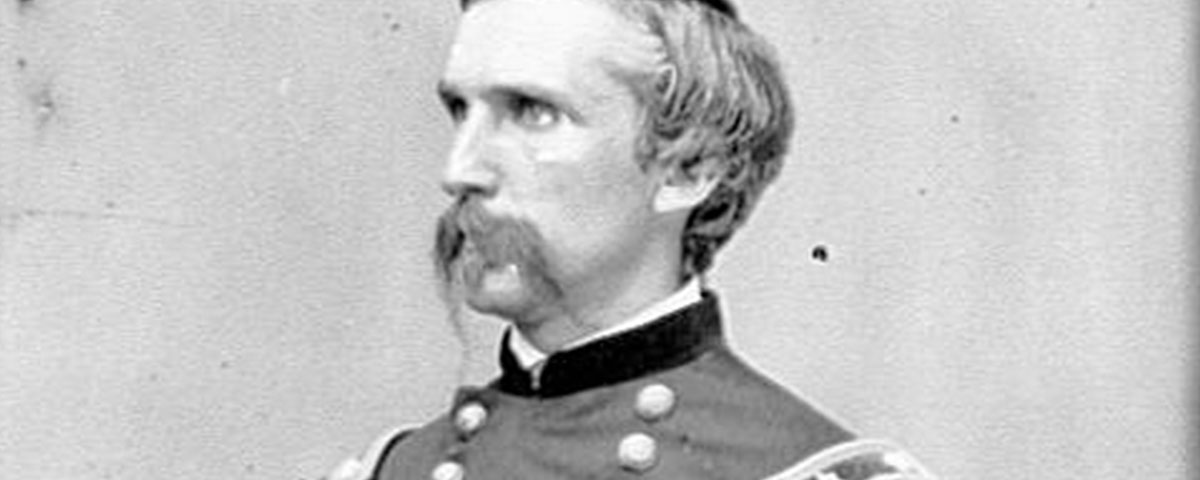Maine’s famous colonel suffered incredible physical punishment
According to Jack D. Walsh’s Medical Histories of Union Generals, Joshua Chamberlain received his first wound at the Battle of Fredericksburg in December 1862 when a bullet grazed his ear. That was trifle compared to what followed. A piece of shell pierced his right instep on the rocky slopes of Gettysburg’s Little Round Top, where he also suffered a deep bruise to his left leg when a slug smashed into his sword scabbard. Then came the ghastly wound at Petersburg on June 18, 1864. Incredibly, after five months of surgeries, fevers, and painful catheters, he returned to duty in November 1864, though he had to be re-hospitalized. And there was one last wound. On March 26, 1865, at fighting near the Quaker Road in Virginia, a bullet went through his horse’s neck, slammed into his chest, ricocheted off a pocket mirror, and skidded around his ribcage until it came out his back. He managed to stay in that fight, too. Chamberlain spent decades working in higher education, and it’s shocking to think of the enduring pain he suffered because of his four short years as a soldier. When he died on February 24, 1914, his death certificate claimed the ailments that killed him were caused by his 1864 “gunshot wound.” Fifty years later, the Minie ball that slammed into him at Petersburg had finally claimed its victim.





